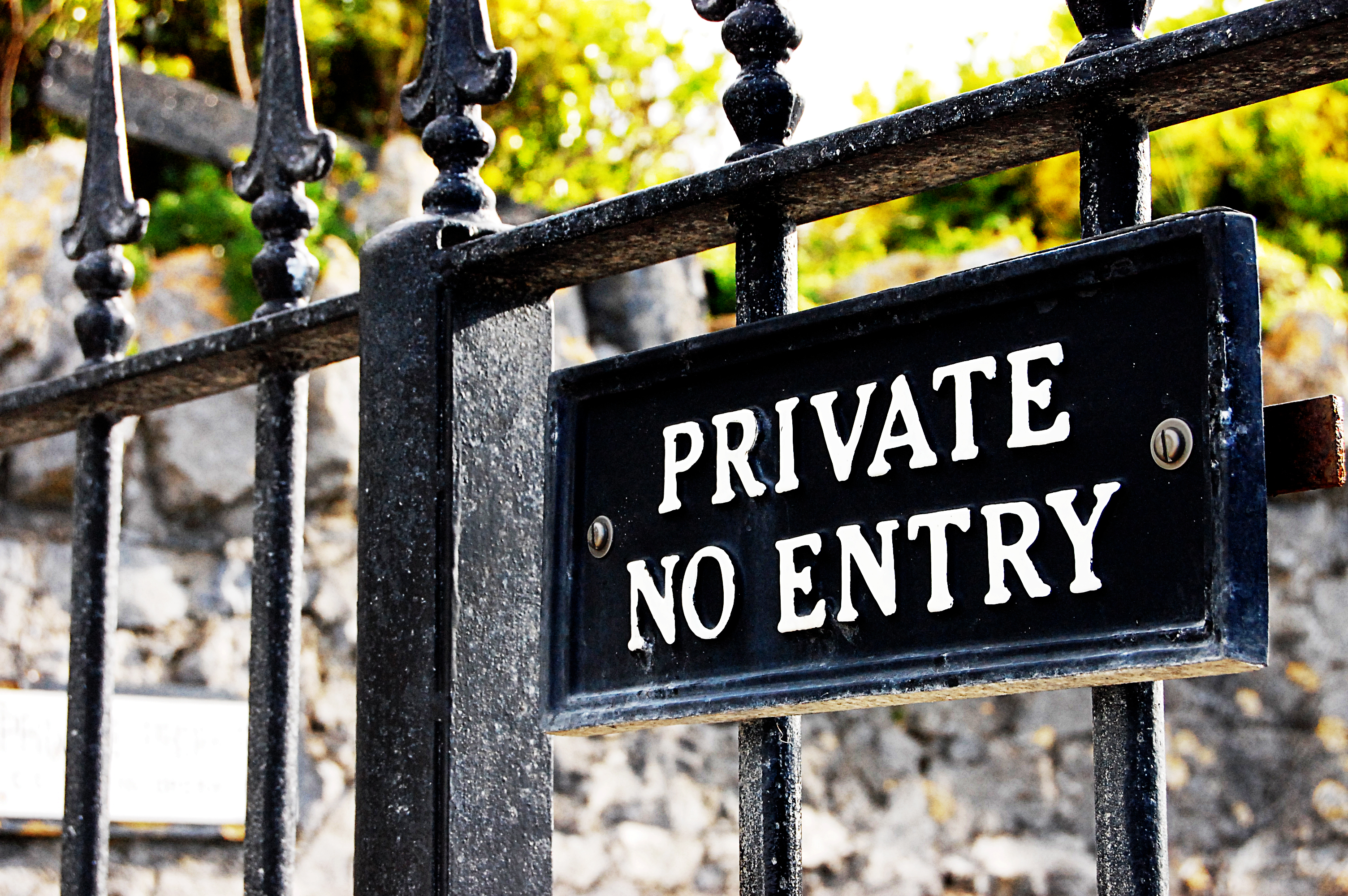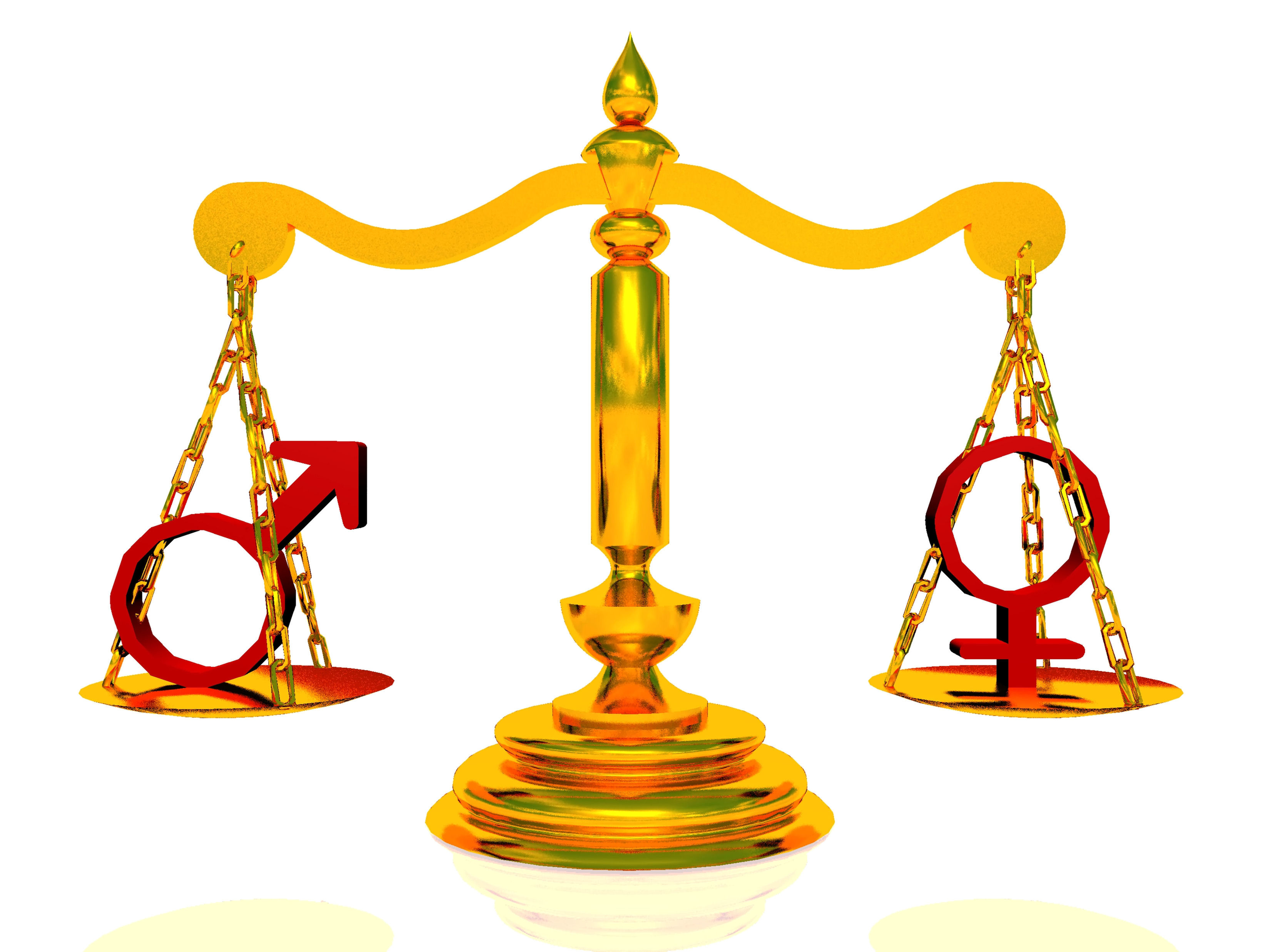By Rebecca Jackson
With Scotland’s now famed “all female leadership” heading the main political parties in Holyrood (excepting Willie Rennie’s leadership of the Scottish Liberal Democrats) and the announcement of Jeremy Corbyn’s recently reshuffled shadow cabinet containing 17 women and 14 men, it is no surprise that the extent of women’s participation in public life is being debated. Has the tide turned, or are there still barriers in local government and in politics?
Delegates came from across Scotland to an event held by COSLA last month to discuss the issue. Bringing together council representatives and those from the third sector, private sector, and academia, the conference explored what action can be taken to advance the contribution of women to public life in Scotland.

Image by blog.willis
“Catcalling in the chamber left me in tears….”
Delegates were, at times, highly critical of the council environment for women, in particular in Scotland. Based on some of the personal anecdotes being presented by panellists and delegates, it is unsurprising that only 25% of councillors in Scotland are women, the lowest proportion in the UK.
The day’s events were tinged with a strong undertone of scepticism and frustration at the inaccessibility of council life to some women. Barriers include working hours, child care provision, work-life balance and the idea of merit, as well as the “archaic systems” in place in some political parties which do little to promote, let alone advance, the active participation of women in local politics in Scotland. There was also a lengthy discussion about the culture of council chambers, with the attitudes of some men within them being seen as less than encouraging – although this was robustly rebutted by some women (notably Scottish Labour leader, Kezia Dugdale), who emphasised the positive impact that men had had on their political development.
Willie Rennie, one of the session panellists, acknowledged his party’s poor record on female representation, which he called “embarrassing and shameful.” He set out plans to reform party structures to implement frameworks for elections which are similar to those used by other parties.

Image by Guimo via Creative Commons
Clear barriers … but no straightforward answers
There was a long discussion during a panel session with female councillors from the COSLA Women’s Task Group about the possibility of setting up a forum in order to create a space for women in local government seeking advice and support. This was widely supported by conference delegates.
Other suggestions to increase accessibility and change perceptions around women in public life included:
- promoting a cross party consensus on encouraging women candidates to stand in local and parliamentary elections;
- creating a mentoring scheme to encourage more young women to participate and give them an opportunity to learn, but also potentially to help change the culture of others;
- using negative comments to drive participation and improve the contribution of women, through a desire to enact real fundamental change in the current system;
- remembering that it is not just in local authorities that women need to have more presence – it was stressed by a number of delegates that numerous public bodies should be encouraged either to attend events like this, or to host their own;
- considering and using, if necessary, statutory measures to advance the role of women (this does not necessarily mean the use of quotas, although it was felt that there should be a robust discussion concerning women and quotas).
Building on positive steps
The day’s discussion highlighted that there are already a large number of women involved in public life in Scotland, but there are far more who leave it or are put off contributing because of the barriers which exist and the difficulties many women have in overcoming these barriers.
Nicola Sturgeon has already committed her party to promoting greater equality on the boards of public bodies through the introduction of quotas if the SNP wins in the Scottish Parliament election in May. It is clear that, while this is encouraging, much more needs to be done. Equalities issues are broader than gender – other groups are also seriously under-represented.
All political parties and public bodies need to seriously consider what steps need to be taken to achieve lasting, positive change.
Read some of our other blogs on equalities issues:
- The world celebrates women today but when will society catch up?
- (Older) people power: the economic opportunities of an ageing society
- Diversity, citizenship and identity in the UK: conference highlights
- Female entrepreneurship – making it happen!
- Stop and search powers targeting minorities
And follow us on Twitter to see what developments in public and social policy are interesting our research team.
Share
Related Posts
Tackling geographical inequalities is critical for ensuring that all parts of the country have the potential to prosper. When the UK was a member of the European Union, it was entitled to a share of funding from the EU’s structural ....
In recent years, there has been an increasing focus on ensuring people with ‘lived experience’ are involved in co-producing research and policy-making at practical, local level. However, there has been little discussion around what the people with lived experience themselves ....
By Robert Kelk and Chris Drake A new start for an old challenge? The recent appointment of Marc Lemaître as the European Commission’s director general for research and innovation (R&I) has returned Europe’s R&I gap to the spotlight. Previously head ....
Today sees the start of Community Garden Week 2023. Across the UK, communities will be celebrating the many and varied types of community gardens, from children’s and neighbourhood gardens to therapy gardens and allotments. The benefits of community gardens are ....

